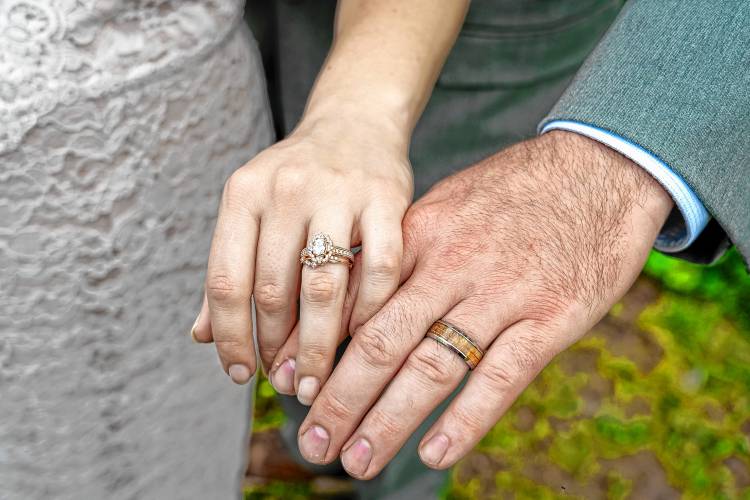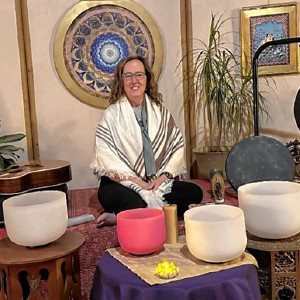Wedding Guide: How to get a marriage license (and you need one since N.H. doesn’t recognize common-law marriages)

Sweet Ginger Photography—Courtesy
| Published: 02-18-2025 8:00 AM |
It’s pretty straightforward to get a marriage certificate in New Hampshire as long as you’re at least 18 years old, but you need to gather the right documents first.
Marriage certificates are issued by all town and city clerks. The cost, set by the state, is $50. The couple must appear together in person and complete a marriage application worksheet, which can’t be taken home or completed elsewhere.
Each person must present the following original documents – no photocopies:
■Government-issued photo ID (driver’s license, non-driver I.D., U.S. passport).
■Certified copy of a birth certificate.
■If you’ve had a legal name change since birth, a certified copy of the legal name change.
■If either party was married previously, a certified copy of the document ending their most recent marriage is required.
Documents written in languages other than English require a certified translation.
Article continues after...
Yesterday's Most Read Articles
As for names, either person can keep their middle and last names, keep their middle name and adopt the partner’s last name, keep their middle name and adopt a hyphenation combination of both people’s full last names (you can’t take bits of each last name and mash them together into an entirely new last name) or change their middle name to their last name prior to marriage and change the last name to that of the other party.
If all requirements are met, a marriage license should be issued the same day. They’re valid for 90 days and good for a wedding held anywhere in the state.
New Hampshire sees around 90,000 to 100,000 marriages a year. That figure has fallen by a quarter in the past decade, a reflection of national trends and the fact that the state population is relatively old and marriages are more common among younger adults.
Incidentally, New Hampshire does not recognize common-law marriages – where people have lived together for a long period and consider themselves married but never had a legal ceremony – with one exception. Couples who have lived together for at least three years and are considered married by the community can benefit from marriage laws in the event of a death, meaning the surviving partner can claim a share of a deceased partner’s asset.
New Hampshire does, however, recognize common-law marriages from other states where they are legal, the closest of which is Rhode Island.







 “A Universe of Rainbows”: Warner author releases children’s poetry anthology
“A Universe of Rainbows”: Warner author releases children’s poetry anthology  Comics in Concord: Old School Comic Show bringing hundreds to Everett Arena
Comics in Concord: Old School Comic Show bringing hundreds to Everett Arena Margaritas in Concord holding 40th anniversary bash
Margaritas in Concord holding 40th anniversary bash Evolution Expo bringing wellness to Concord this weekend
Evolution Expo bringing wellness to Concord this weekend
